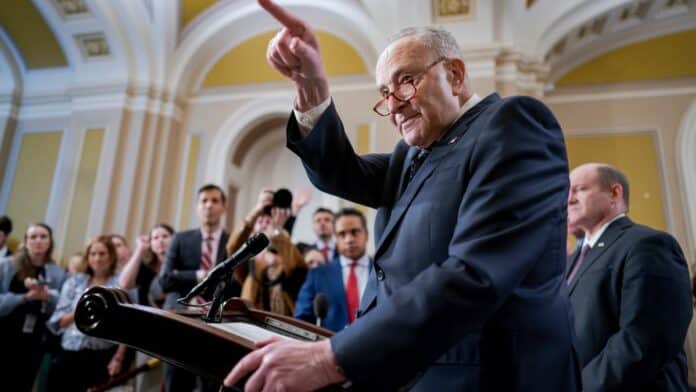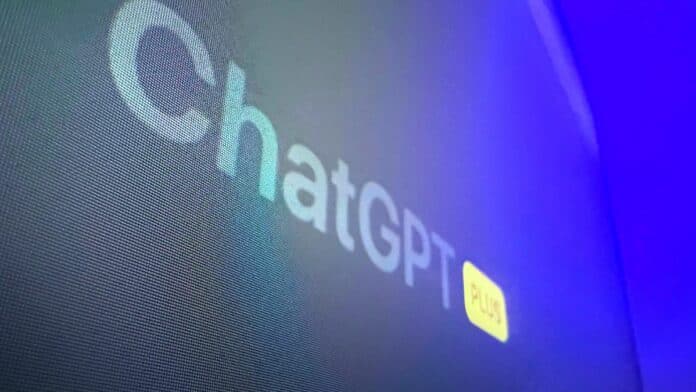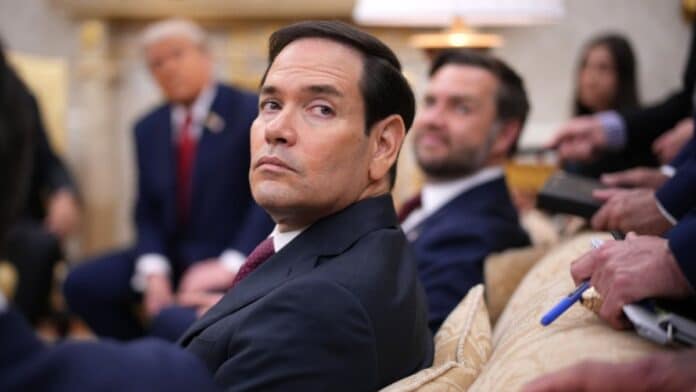Senator Joni Ernst (R-IA) is calling out Senate Democrats for a costly government shutdown, labeling it the “Schumer Shutdown” and revealing that American taxpayers are footing a $400 million-per-day bill for 750,000 non-essential federal employees not to work.
In a statement to Breitbart News, Ernst warned, “Make no mistake – the Schumer Shutdown is hitting Americans where it hurts the most – their wallets.” She noted that each day the shutdown continues, taxpayers are forced to pay the salaries of hundreds of thousands of idle federal workers, while essential services remain unavailable and military paychecks are delayed.
Ernst’s comments came after receiving a detailed cost breakdown from the non-partisan Congressional Budget Office (CBO). The report confirmed that the shutdown’s daily cost is approximately $400 million, with broader economic implications.
Key findings from the CBO include:
- An estimated 750,000 non-essential federal workers are currently sidelined but still being paid.
- The last federal shutdown resulted in a $3 billion loss to the U.S. gross domestic product.
- Servicemembers are likely to experience pay delays, despite continuing to serve.
Ernst also criticized Congress for continuing to receive pay during the impasse, saying, “Speaking of doing nothing, Congress still gets paid for failing to do its job.”
Further fiscal warnings were issued by the Committee for a Responsible Federal Budget (CRFB), which analyzed the Democrats’ counterproposal to the GOP’s stopgap spending bill. The CRFB estimates that the proposal would:
- Eliminate health savings from prior legislation
- Permanently extend enhanced Obamacare subsidies
- Add approximately $1.5 trillion to the national debt over the next decade
CRFB President Maya MacGuineas emphasized that any extension of Affordable Care Act subsidies should be offset with responsible spending cuts. She also called on lawmakers to avoid worsening the national debt while keeping the government operational.
Senator Ernst, a long-time advocate for fiscal responsibility, concluded that the shutdown is a politically driven stunt by Democrats with real economic consequences for working Americans. She urged immediate action to end the impasse.












